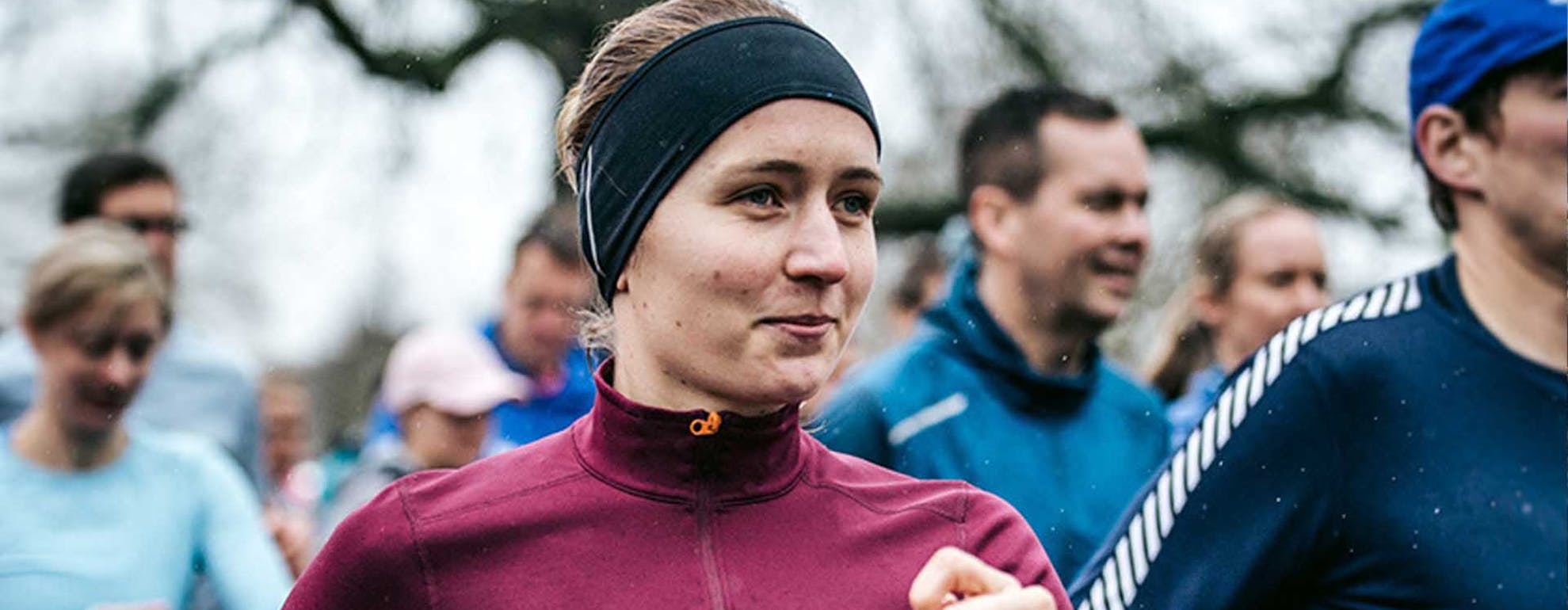
Training
Prevent & become Immune from Injury during Exercise
Fitness and exercise regimes have many positives for health and wellbeing, but can also come at a cost. Exercise can put a strain both on both the structure of the body and immune system, leaving us vulnerable to illness and injury.
Physical exercise of any kind involves a constant breakdown and re-building of muscles and bone tissue, and it is vital to include the correct nutrients in the diet to support this process to guard against permanent harm, and aid recovery from stiffness, aches and pains. When doing physical activity there is also an increase in the flow of oxygen around the vascular system which creates an environment of free radicals; unstable molecules which can cause oxidative stress and damage healthy cells and tissue.
Exercise can also suppress production of white blood cells thereby reducing immunity and the ability to fight infection; a particular risk over winter time when we are subjected to more germs.
ㅤ
HOW THE IMMUNE SYSTEM WORKS
The body has an incredibly efficient way of dealing with harm by identifying the invader and rallying an internal army to defend and fight back. This army comes in the guise of white blood cells which helps produce antibodies. These white blood cells are produced by the thymus gland using Vitamin C and zinc, so a diet deficient in these nutrients can leave the immune system depleted and vulnerable to attack.
Hormones; in particular oestrogen, are also an important factor in keeping bones healthy, so protecting hormone production is vital.
ㅤ
OPTIMUM DIET FOR IMMUNE SUPPORT, RECOVERY AND REPAIR
A healthy, balanced, antioxidant-rich diet can help counter oxidative damage by stabilising the free radicals and support hormonal health. The following foods and nutrients are particularly helpful when exercising or in training:
Protein in lean meat, fish and a vegetarian diet helps repair muscles and soft tissue and promote growth. Branch chain amino acids (BCAA's); especially glutamine, found in lentils, chicken, eggs, chickpeas, nuts and seeds, are particularly efficient
A good variety of fruits and vegetables is also important. They will not only provide antioxidants to combat cellular damage, but also fibre to help keep the gut healthy which allows for more nutrients to be absorbed through digestion and utilised. Antioxidants work in synergy with one another, so a varied diet rich in Vitamins A, C and E (effectively assorted colourful fruits and vegetables) is recommended.
Essential fats are also vital for healthy fat and hormone metabolism, and to help with the absorption of fat soluble vitamins (A, C and E). A low fat diet can quickly affect brain, skin hair and cellular tissues health so should be avoided. Essential fats (in oily fish, avocado, nuts and seeds) are vital for manufacturing healthy hormones and can also help reduce inflammation and improve the immune response.
Important micronutrients for immune support and injury prevention:
Vitamin C (in citrus, green leafy vegetables, peppers, tomatoes, parsley). Sometimes described as the 'master immune nutrient', Vitamin C helps build white bloods cells, supports the adrenal system, and also has anti-bacterial, anti-viral and anti-inflammatory properties.
Zinc and selenium (in Brazil nuts, avocado, shellfish, seeds) work in tandem with Vitamin C and also support the thymus gland where immune cells produced
Calcium and Vitamins D and K are all integral to bone growth and repair. Include fish, green leafy vegetables and eggs as good sources. Calcium also helps restore correct acid/alkaline balance in the body.
Iron helps carry oxygen around the body via haemoglobin in the blood. Spinach, egg yolk, sardines and green leafy vegetables will help here.
Probiotics ('good' bacteria') in the gut help colonise the sites where bad bacteria would normally proliferate, so feeding the good bacteria with probiotics (chicory, artichoke, garlic, leeks, banana legumes whole grains) can help keep the bacterial balance in the gut healthy.
ㅤ
| FOODS TO INCLUDE | FOODS TO AVOID |
|---|---|
| Complex carbohydrates, Fresh fruit and vegetables (5-7 portions/day), Frozen vegetables, Herbs and spices, Lean meat, fish and vegetarian proteins, Essential fats, Water | Sugar, Caffeine, Alcohol, Refined carbohydrates, Crisps, sweets, cakes and pastries, Saturated fats and red meat |
ㅤ
FINAL TIPS:
Don't over train. This can stress the adrenal system which can in turn suppress cortisol production (needed to help with the immune response). Acute adrenal stress can result in chronic fatigue, so support your adrenal glands by eating plenty of foods rich in Vitamins B and C.
Ensure you get plenty of sleep. Much repair, growth and regeneration happens whilst we are asleep, so sleep deprivation can affect hormone balance and significantly reduce immunity.
ㅤ
Looking for some training tips and advice? Then head over to our Training category where our athletes and experts explain everything you need to know.
Welcome
Welcome to the SportsShoes Training Hub! We’ve teamed up with athletes and experts to bring you the very best advice on how to maximise your workouts and achieve your best results.
Read More
Share this
Featured articles
View All



